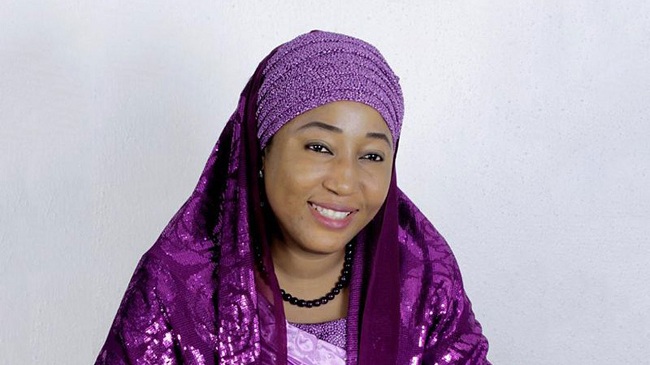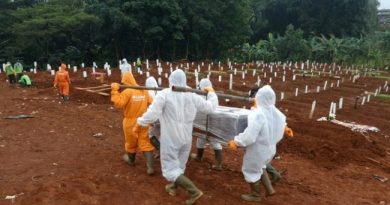What can you tell us about your scientific background?
Growing up, I always enjoyed science. I originally wanted to become a medical doctor, but I ended up studying biochemistry during my undergraduate studies at Ahmadu Bello University in Zaria, Nigeria.
I got my master’s degree, and then my Ph.D. there, studying antihypertensive and anticancer activities of African plants. I was also a visiting scholar at Chiang Mai University in Thailand for six months as part of my Ph.D. research.
What does your research focus on?
My research is aimed at identifying potent, safe and effective anticancer agents from Nigerian plants.
We have screened and confirmed the cytotoxic activities of extracts of the drumstick (Moringa oleifera) and soursop (Annona muricata) trees as well as the native Nigerian shrub Peristrophe bicalyculata on cervical carcinoma and fetal lung carcinoma cell lines.
We also studied what anticancer mechanisms these plants exhibit. We found that these plants act in the body through a variety of mechanisms — there is no single model of action for all plants.Why is the study of African plants important for cancer research?
It is well documented that these plants have an enormous, largely unstudied anticancer potential.
Research into herbs such as Guiera senegalensis, which is used by traditional African healers and known as ‘Sabara’ by locals, has led to the discovery of several anticancer drugs. In my view, this demonstrates how the study of African plants can result in the development of valuable drugs.
What is your advice to young African women who want to pursue science?
Participate in local and international conferences that are relevant to your fields of study, so as to keep yourself updated on cutting-edge research tools, methodologies and funding opportunities.
Always ask for support from senior colleagues and family members, whenever you need it. Remain focused, tenacious and hard-working.




